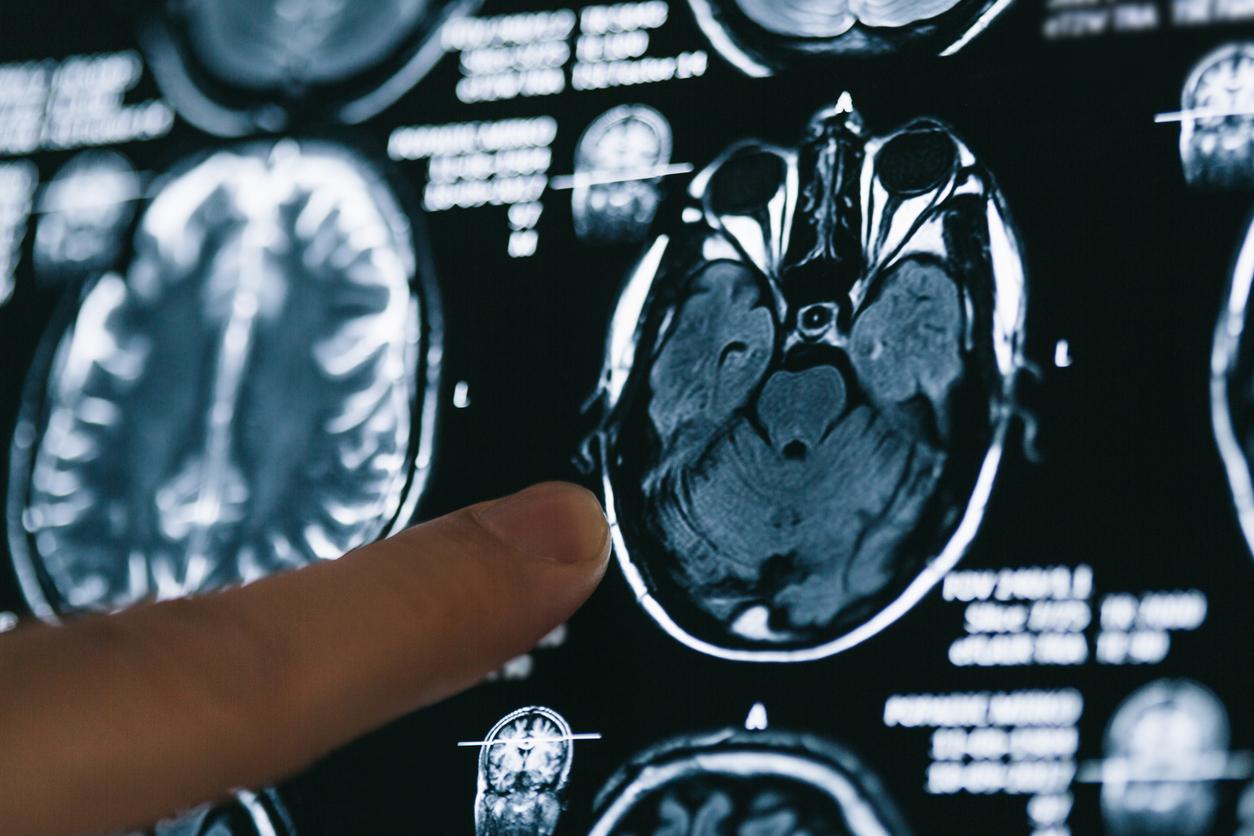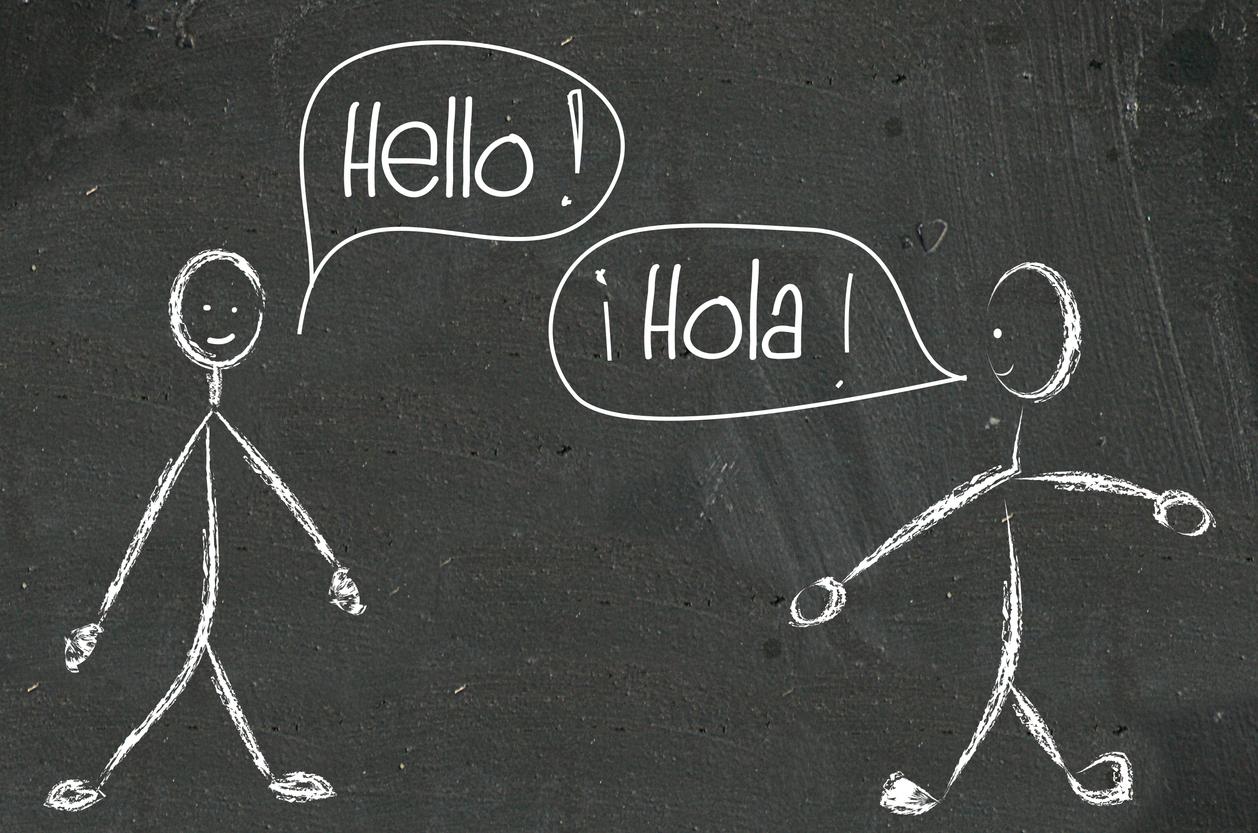A study lifts the veil on the process by which the brain coordinates attention and filtering functions when we perform a task requiring a certain concentration.

- A new study reveals the brain mechanisms that help us pay attention to things, like a conversation, despite environmental distractions, and instead, what’s going on inside the head when we can’t. to focus.
- The study reveals that we can coordinate several different forms of attention to perform acts of mental dexterity. Our brains can adjust focus or filtering to increase or decrease sensitivity to particular distractions, such as movement or colors.
- The results highlight the importance of mental coordination compared to pure mental faculties. If we sometimes have difficulty concentrating, “it is not so much because our brain is too ‘simple’, but rather that it is very complex – and that is coordination [entre les régions] which is difficult.”
“Imagine a crowded restaurant: dishes clattering, music blaring, people talking loudly. It’s amazing that anyone in that kind of environment can concentrate enough to hold a conversation.” And yet, we get there…
A team of researchers from the Carney Institute for Brain Science at Brown University in the United States is lifting the veil a little more on the brain mechanisms that help us pay attention despite this kind of distraction, and on the contrary, on this that happens under the head when we can’t concentrate.
Brain: the coordination of several different forms of attention
While Previous work have previously shown that people can distinctly control how much they focus (by enhancing relevant information) and how much they filter (by adjusting distraction), this new research, published in the journal Nature Human Behaviorreveals the process by which the brain coordinates these two functions.
According to neuroscientist Harrison Ritz, who led the study, this process is comparable to the way humans coordinate their muscle activity to perform complex physical tasks. “In the same way that we bring together more than 50 muscles to perform a task like using chopsticks, our study found that we can coordinate several different forms of attention to perform acts of mental dexterity”he explains in a communicated.
To reach these conclusions, his team administered cognitive tests to a cohort of volunteers, while measuring their brain activity with functional MRIs. Participants had to “observe a swirling mass of green and purple dots moving left and right, like a swarm of fireflies.” The tests, which varied in difficulty, consisted of “distinguish between movement and colors of dots”. At one point, the volunteers had, for example, to choose the majority color of the fastest dots when there were as many purple dots as green dots.
One brain for focusing, one for filtering
The analysis of their brain activity then highlighted how the two regions of the brain work together when faced with this type of task. “We can see the intraparietal furrow [le centre cérébral de la numérisation, du calcul, ndlr] like having two buttons on a radio dial: one that adjusts the focus and one that adjusts the filtering”details Harrison Ritz.
According to the study, the brain tracks what’s happening with the dots. When it recognizes that movement is making the task more difficult, it directs the intraparietal sulcus to adjust the filter knob to reduce sensitivity to motion, or conversely, adjust the focus knob to increase sensitivity to motion. color. The result is the same : “The relevant brain regions are less sensitive to movement and more sensitive to the appropriate color, so the participant is able to make the correct selection.”
This study highlights the importance of mental coordination in relation to pure mental faculties, according to the neuroscientist. “When people talk about the limitations of the mind, they often talk about how ‘humans just don’t have the mental capacity’ or ‘lack the computing power’.” However, if we sometimes have difficulty concentrating, “it is not so much because our brain is too ‘simple’, but rather that it is very complex – and that is coordination [entre les régions] which is difficult.” Let’s reassure ourselves, therefore: lack of concentration is not synonymous with a lack of intelligence…

















